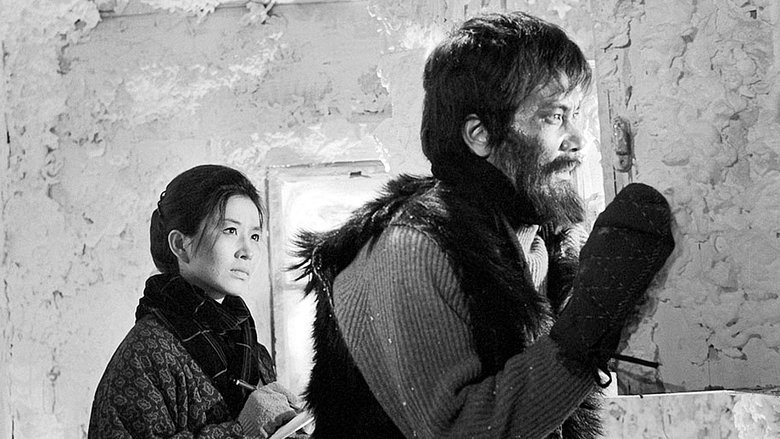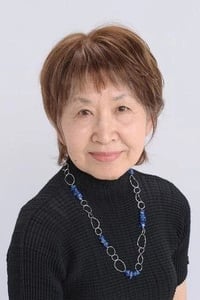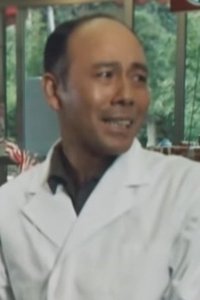The Top of Mount Fuji
Genres
DramaHistory
OverView
A touching drama based on the novel of the same name by Eikichi Hashimoto. In the 23rd year of the Meiji period, weather forecasts were rarely correct, and people endlessly suffered from typhoons and natural disasters. Nonaka Itaru, a private meteorologist, settled on Mount Fuji during the harsh winter, where it was thought impossible to overwinter, and opens up the future of high-altitude weather observations in Japan.
Others
Budget
$--
Revenue
$--
Status
Released
Original Language
Japanese
Runtime
56 mins
Rating
0/10
Release Date
01 January 1967
Country
Japan




